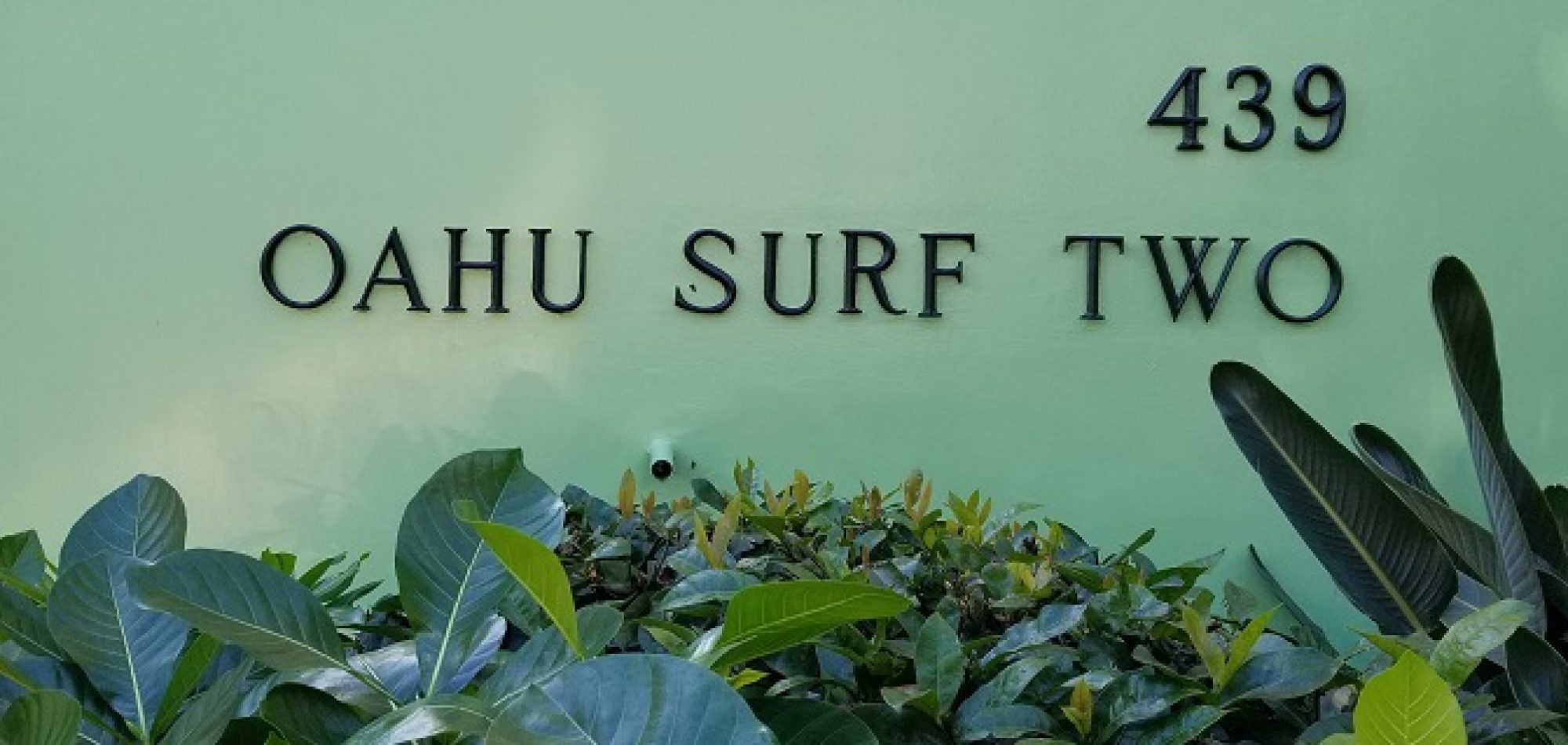This is part 2 of a 3-part blog about handling water damage in your apartment. In this article, we’ll go over the building’s insurance policy and the type of insurance policy you need and what it should cover.
As an owner of a condominium unit, you are also a member of your condo association. As you probably are aware, the association carries insurance on the basic structures and property as originally built. The master policy does not cover your contents, improvements made by you or a previous owner, or your personal liability. Condo unit owners need to protect their own contents and personal liability.1
The master policy insures:
- Only the interest of the Corporation
- Covers the buildings and items as originally conveyed by the developer
- Built–in appliances and cabinets
- Walls that make up the interior of the dwelling
- Electrical and plumbing fixtures
- Ceiling and flooring
Remember: All of the above items are covered as originally built.
Subject to the Association deductible, the building is covered for perils like fire, lightning, windstorm, vehicle damage, water overflow, smoke damage etc. Water overflow claims are covered for damage to the building but not your personal property or improvements made to your unit by you or a previous owner. Therefore, you cannot rely on just the master policy.
If you have fire or hurricane damage, the master policy will take care of items as originally built. Your homeowner’s policy, however, will take care of your household goods, improvements, the Association’s deductible, and covers the expense for you to live elsewhere while your unit is rebuilt. The policy you are looking to purchase is commonly referred to as an HO6.
A Homeowners Policy (HO6) insures:
- Your personal contents or household goods
- Your improvements to the dwelling made by you or a former owner
- The cost to live elsewhere while your unit is being repaired
- Loss Assessment
- Personal Liability
An HO6 insurance policy is required by all condo owners and necessary to fully protect you and your unit. Oahu Surf Two House Rule II.A.2 (effective 11/1/2017) states:
“All owners are required to maintain a minimum homeowners’ insurance policy in such liability amounts and types of coverage as established by the Board. Owners and/or their insurance agents may contact the Management Company for the minimum insurance requirements.
Owners who fail to obtain insurance in accordance with this requirement will be assessed the premium cost of insurance obtained by the Association as necessary to bring their unit into compliance.”
You should consult with your insurance agent about how much coverage to purchase. You should also inquire about Loss of Use Coverage, which is provided by HO6 policies, and can cover your hotel bill or loss of rental income if your unit can’t be used due to a covered loss. Don’t forget to provide your insurance agent with a copy of the Association’s master insurance policy. You should have received a Summary of Insurance that accompanied the Notice of Annual Meeting of the AOAO of Oahu Surf II.
Owners and residents must be aware of the following important policy concerning damage and insurance claims at our project:2
- The Association’s insurance: (1) covers the building, common elements, and items included in an apartment as originally built (e.g. carpet, appliances, cabinets, fixtures, etc.); (2) does NOT cover an occupant’s furniture, other personal property, or upgrades to the apartment under any circumstances. Therefore, owners and occupants should obtain an HO6 insurance policy to cover furniture, other personal property and any upgrades to their units, as well as their personal liability.
- The Association’s insurance policy has a $5,000 deductible for flood insurance which is the responsibility of the owner from whose unit the water damage originated. Owners/occupants should obtain coverage for that deductible through their own HO6 insurance policy.
- The Managing Agent is the only party authorized by the Board to submit a claim to the insurance company to determine potential coverage. If the total amount of expected damage is less than the deductible amount, a claim will not be filed since no money would be available. Filing such claims could adversely affect the Association’s insurability.
Next week we’ll go over liability and who should pay for damages.
1. Insuring Hawaii (Insurance Associates)
2. Claim Policy (Insurance Associates)
